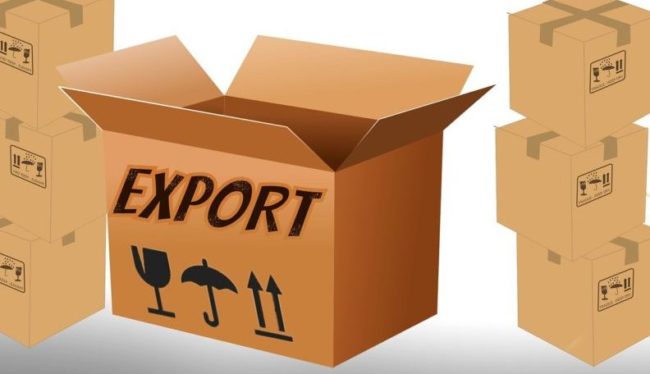Top five tips for firms looking to export for the first time
Martyn Kendrick, Lloyds Bank regional director for SME Banking in the North West, offers some invaluable advice for those looking to trade overseas

The latest Lloyds Bank Business in Britain research has found that the number of exporters in the North West has increased over the past six months.
But, despite more firms recognising the benefits of trading internationally, only 40% currently export their goods overseas.
It’s understandable that businesses may be feeling cautious due to recent political and economic uncertainty. However, it’s vital that they don’t lose sight of the opportunities that overseas trade can create, as solely concentrating on domestic markets could potentially limit growth.
Here we’ve outlined our top five tips to help firms capitalise on overseas opportunities:
- Do your research – Selecting a target market can be a difficult process, which is why undertaking in-depth research is key. Reaching out to organisations such as the Department for International Trade and the local Chamber of Commerce is also useful, as they have a wealth of expert knowledge that can help first time exporters find a market that’s right for them. We’re also supporting customers with our international trade portal.
- Create a business plan – Having a clear and realistic plan will help a firm to grow at a manageable rate, to identify the key times when it will need to invest, hire new staff or increase production. Having a clear plan can also minimise the risk of overtrading, which can leave a business with insufficient working capital to meet day-to-day costs.
- Make sure you’re protected – Ensuring a business is covered is incredibly important when dealing with international suppliers and customers.Trade finance products can help businesses to manage risk and can be a valuable source of working capital.
- Manage your working capital – Trading across borders often means firms are face longer delays getting paid, which can put pressure on cashflow. Specialist finance products such as invoice finance, export finance and trade finance can help manage any uncertainty and support businesses as they enter into trade agreements.
- Take advice – Reaching out to the local business community can be extremely useful for first time exporters, as companies will be able to share their experiences and provide advice on how to avoid potential pitfalls.
It’s important for businesses to ensure that the transition into trading overseas is as smooth as possible, and the tips above can help support North West businesses as they take their first steps into exporting.

